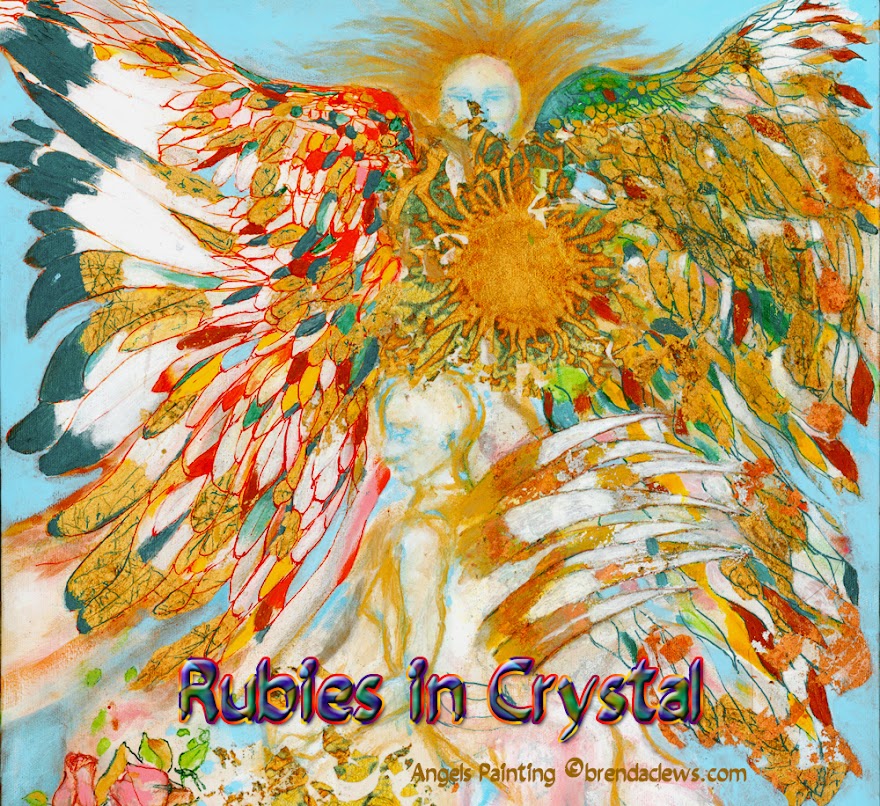When she who is a spectre, who is a vision, the invisible rendered visible, a hallucination without reality but a guiding perception of the self, whose look freezes us into self-portraits, whose look turns us into sculptures of death from which the beating warmth of our blood cannot escape, when she looks at us, our unblinking eyes:
The straining eye always resembles an eye of the blind, sometimes the eye of the dead, at that precise moment when mourning begins: it is still open, a pious hand should soon come to close it; it would recall a portrait of the dying.*Medusa would immortalize us as art. The Gorgon is the muse whose terror petrifies us would we but look upon her venomous, spitting face.
We are no more than statues to the woman in black walking the sea wall, her hair, its tendrils and curls coiling in the salt spray. When we are marble, the pale green veins in the rock, we are bloodless, art. Upon whom she splatters red paint the colour of her fingernail polish: blood, the alabaster skin.
The soul which inclines towards meaning in the fire of life, silenced. Art takes us beyond suffering; the Gorgon creates a stage of unmoving characters who are her silent companions. She laughs at my drained creativity; I know this woman. The blood drains from my lips: I am silenced.
I, mute.
Unspeaking.
Pushing against the seawall with my inner lashing waves. Tears of salt.
Her parrot, cinnabar and virid feathers, mocks, repeating endlessly the soulless words that echo on the sea spray while she laughs.
Don't ask why. Why is there cruelty? Who knows? It is; we are.
I want to become a tidal wave but I withdraw.
How can I describe the figure of jealousy, of derision?
What is jealousy? Who feels it? How do we act from this feeling?
Is jealousy the overweening desire to upstage the other?
To cast them into stones of silence?
I evade her stony glance
with questions.
*Jacques Derrida, Memoirs of the Blind: The Self-Portrait and Other Ruins, trans. Pascale-Anne Brault and Michael Naas (Chicago: The University of Chicago Press, 1993), p. 57.



I am one of those people haunted by scenes which play out just beyond the true periphery of vision... ah, thus "the invisible rendered visible" is a powerful argument for me... as are the points - seawalls, quaysides, beaches, strands, cliffs - where the primal salt waters meet the thinner world of the atmosphere.
ReplyDeleteNarrator, yes, I see all this, in your writing, and Derrida speaks of it, the "invisible rendered visible" - a "vision," (29) and "invisibility haunts the visible" (45)... the ontic, scopic fields, blindspots...
ReplyDeleteAnd those places where ocean meets land, yes, I understand better now.
Thanks for the resonance, the understanding.
In breathless speak~
ReplyDeleteThe images move~a duMaurier landscape~profoundly I have seen this ghost~
wow~
I love the ending of this. It gives me an image of Medusa and the poet on a craggy seacoast. The poet's gaze averted, the Gorgon a massive, venomous figure being interviewed -- invited to tell her side of the story.
ReplyDeletee_journeys, that's not just insightful, that's dramatic poetry! Love this image of yours. gratsias...
ReplyDeleteI really like your evocation of the limits of language here, Brenda, by which I mean the inability of language and any public exchanged semiotic form (all of which are only secondary features of consciousness, anyhow) to get at the experience of consciousness, "the feeling of what happens,"as the neurobiologist and consciousness scientist Antonio Damasio so aptly puts it.
ReplyDeleteThe reason why Jacques Derrida has such a failed hermeneutics of presence and the consciousness it entails, of course, is that he is looking at everything from the outside in, like th rest of the curiously antiquated post-structuralist thinkers: This is why he is prone to such hyperbolic rhetorical nonsense, which you do a wonderful gloss on in this poem.
Language only disappoints, of course, if you frame it to that way, and somehow expect like Artaud for an infra-language to appear that is pure, where the signifier matches the signified, etc. Idealism now is despair, we have the full working out of this Romantic meme of "insufficiency", which is a classic example of bad French borrowing from German metaphysical philosophers like Hegel, Husserl and Heidegger in order to keep project their Being from the world to the self and finally to the Logos itself, where it can be fragmented into a game of hide and seek according to Sassurean phonological rules that have cannot possibly support this kind of onto-theological baggage.
Regardless of all the metaphysical props relied on, this Spectre poem has depth in its longing to communicate the unutterable, and specificity (the parrot feathers) when creating a figure for the Self-object that you cannot articulate. And you write so well about what you putatively cannot express!
Perhaps if you reframed the signifier/signified model from a more pragmatic pt. of view, i.e. consciousness extended to language, you might be able to be a little more hopeful in your assessment of your sealed-in fate. Or realize how wonderful it is that there are mysteries mere words can't elucidate, but only point at ostensively. Then of course you might not choose such mightily disillusioning tropes to record your "heroic" experience of the self, but instead see it in a humbler light, freed from the hubristic preconceptions of these lugubrious and mistaken theorists you celebrate, though your gifts are clearly far finer than their misbegotten apercus.
In any case, an absolutely superb prose poem that would cause anyone to think about what can't be spoken in the Wittgensteinan sense, while disallowing completely Derrida's feckless rubbish.
Congratulations on great work, my dear.